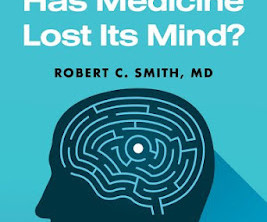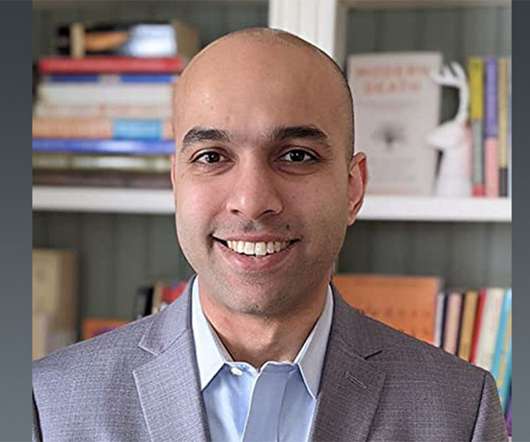Book Review: Has Medicine Lost Its Mind? by Dr. Robert C. Smith
Common Sense Family Doctor
MARCH 18, 2025
The COVID-19 pandemic and the isolation caused by public health measures to slow its spread exacerbated a mismatch between the need for mental health care and the number of professionals trained to provide that care. The first few chapters discuss the problems with mental health care in the U.S. In Has Medicine Lost Its Mind?


























Let's personalize your content